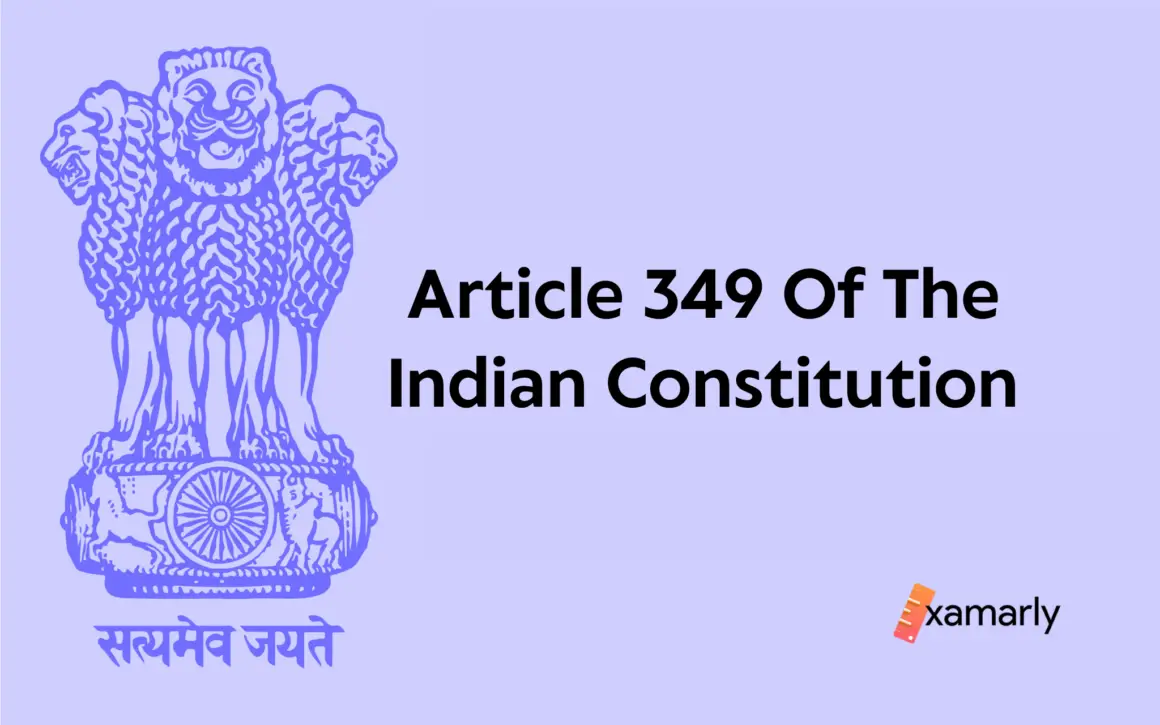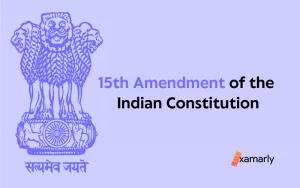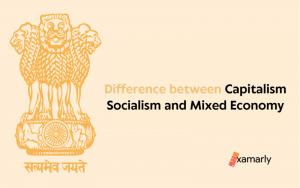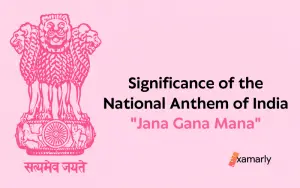Article 349 of the Indian Constitution falls under the third chapter of Part XVII of the Indian Constitution that deals with Official Language. It lays out a special procedure for the introduction or movement of any bill or amendment related to language during the first 15 years after the adoption of the Constitution.
- Article 349 of the Indian Constitution
- Conclusion
- FAQs Related To Article 349 of the Indian Constitution
- Which part of the Indian Constitution does Article 349 belong to?
- Which schedule of the Indian Constitution talks about Official Languages?
- When was Article 349 of the Indian Constitution adopted?
- What does Article 349 of the Indian Constitution address?
- What is the 15-year period referred to in Article 349 of the Indian Constitution?
- What is the process for making changes to the use of language for any of the purposes mentioned in clause (1) of Article 348?
- What is the Commission mentioned in Article 349 of the Indian Constitution?
- What is the role of the Committee referred to in Article 349 of the Indian Constitution?
- Why is Article 349 of the Indian Constitution important?
Article 349 of the Indian Constitution
What provision does Article 349 of the Indian Constitution define regarding the use of language in courts? Let’s understand its clause to know more.
The Clause – As it is & Explained
During the period of fifteen years from the commencement of this Constitution, no Bill or amendment making provision for the language to be used for any of the purposes mentioned in clause (1) of article 348 shall be introduced or moved in either House of Parliament without the previous sanction of the President, and the President shall not give his sanction to the introduction of any such Bill or the moving of any such amendment except after he has taken into consideration the recommendations of the Commission constituted under clause (1) of article 344 and the report of the Committee constituted under clause (4) of that article.
Article 349 of the Indian Constitution explains a special procedure for the enactment of laws related to language.
In particular, it stipulates that during the first 15 years after the adoption of the Constitution, no bill or amendment making provision for the use of language for any of the purposes mentioned in the first clause of Article 348 of the Indian Constitution can be introduced or moved in either house of Parliament without the prior approval of the President.
The language used for any of the purposes is mentioned in Clause (1) of Article 348 of the Indian Constitution which emphasizes that any legal texts that are being used to govern the nation, should be in the English language which is considered an official language and is well understood by all. The clause also mentions that this can be changed by the laws passed by the Parliament which makes the procedure flexible.
The President is responsible for giving the final approval for such bill or amendment, but before doing so, the President must take into consideration the recommendations of the Commission and the report of the Committee established under Article 344 of the Indian Constitution, in its clause 1 and 4 respectively.
The Commission referred to here is the Official Language Commission which is responsible for recommending measures for the progressive use of the Hindi language for official purposes. The Committee is the Official Language Committee which is responsible for examining the reports of the Official Language Commission and making recommendations to the President.
Conclusion
In conclusion, Article 349 of the Indian Constitution establishes a 15-year period during which the use of language for any of the purposes mentioned in clause (1) of Article 348 cannot be changed without the prior approval of the President. This approval can only be granted after the President has taken into consideration the recommendations of the Commission and the report of the Committee established under clauses (1) and (4) of Article 344 respectively.
This provision serves as a safeguard to ensure that the use of language for various purposes is determined through a thorough and consultative process, rather than through hasty or arbitrary decision-making. It is an important provision that reinforces the principle of linguistic diversity and inclusivity in India and ensures that the rights of linguistic minorities are protected.
FAQs Related To Article 349 of the Indian Constitution
Which part of the Indian Constitution does Article 349 belong to?
Article 349 of the Indian Constitution belongs to Part XVII which is called Official Language.
Which schedule of the Indian Constitution talks about Official Languages?
The Eighth Schedule of the Indian Constitution mentions the Official Languages of India.
When was Article 349 of the Indian Constitution adopted?
Draft Article 301G (Article 349 of the Constitution of India 1950) was adopted on 14th September 1949.
What does Article 349 of the Indian Constitution address?
Article 349 of the Indian Constitution addresses the use of language for various purposes during a 15-year period following the commencement of the Constitution.
What is the 15-year period referred to in Article 349 of the Indian Constitution?
The 15-year period referred to in Article 349 of the Indian Constitution is the period of fifteen years following the commencement of the Indian Constitution.
What is the process for making changes to the use of language for any of the purposes mentioned in clause (1) of Article 348?
According to Article 349 of the Indian Constitution, no bill or amendment making provision for the language to be used for any of the purposes mentioned in clause (1) of Article 348 can be introduced or moved in either House of Parliament without the previous sanction of the President. The President can only give his sanction to the introduction of such a bill or amendment after taking into consideration the recommendations of the Commission and the report of the Committee established under clauses (1) and (4) of Article 344, respectively.
What is the Commission mentioned in Article 349 of the Indian Constitution?
The Commission referred to in Article 349 of the Indian Constitution is the Official Language Commission formed under clause (1) of Article 344, which is responsible for recommending measures for the progressive use of the Hindi language for official purposes.
What is the role of the Committee referred to in Article 349 of the Indian Constitution?
The committee referred to in Article 349 of the Indian Constitution is the one constituted under clause (4) of Article 344, which provides the report to the President to take consideration when giving sanction to any bill or amendment.
Why is Article 349 of the Indian Constitution important?
Article 349 of the Indian Constitution is important because it serves as a safeguard to ensure that changes to the use of language for various purposes are determined through a thorough and consultative process, rather than through hasty or arbitrary decision-making. It also plays an important role in reinforcing the principle of linguistic diversity and inclusivity in India and ensures that the rights of linguistic minorities are protected.






